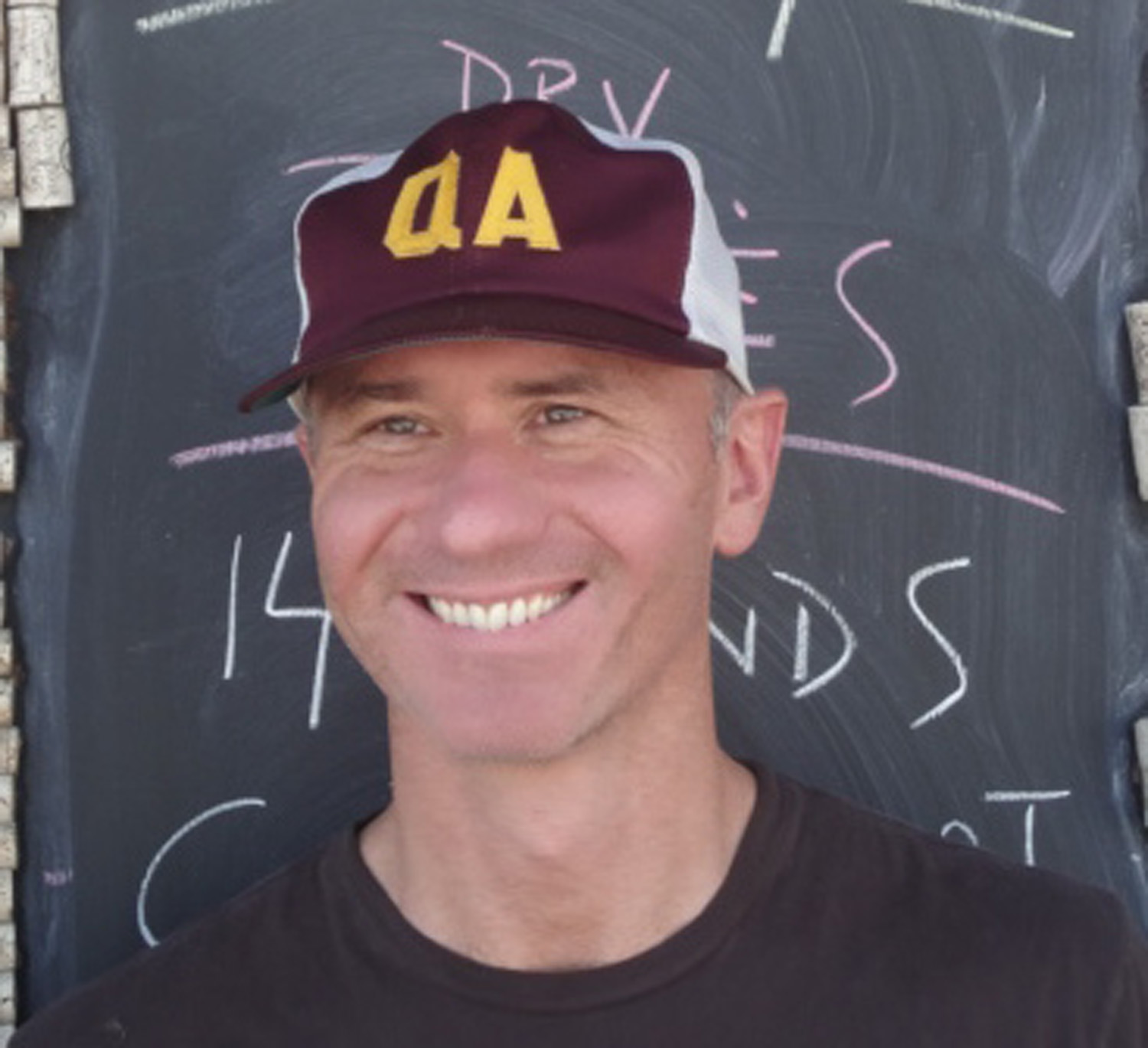If your child was born with special needs, would you know where to turn for help?
For fathers, this question can be particularly difficult. There are
societal pressures on dads to be self-reliant and competent, to keep a
lid on emotions and to handle adversity stoically.
Addressing severe behavioral problems in a child with autism? Piece of
cake. Toilet training an 8-year-old with neurological deficits? It
couldn't be that hard.
Then there are the negative feelings to cope with, which can include
everything from loss, grief, shame, guilt and disappointment, to just
feeling overwhelmed.
Fortunately, fathers across Puget Sound and statewide have a unique
resource they can turn to: the Washington State Fathers Network.
The network was founded over 20 years ago by James May, a Seattle-area
social worker and English teacher with strong views on the importance
of fathers in child development It is dedicated to increasing the role
of fathers in the lives of their children with special needs.
Chris Morris, who took over as executive director when May retired in
2004 and served until February 2006, describes the network's approach
as low-key, inclusive and self-paced.
"We don't have criteria for who can participate," Morris says. "If you
feel you have a child with special needs, then you're with us." Whether
it's a medical issue, behavioral issue, psychological issue or
something else entirely -- if the father wants support, that's all that
matters. "We've had fathers of kids with things like severe asthma,
blindness, even cancer," he notes.
The Fathers Network is headquartered at the Kindering Center, an early
child development center in Bellevue formerly known as the Mary Wood
School. Currently there are 17 Fathers Network chapters across
Washington, in locations ranging from Bremerton to Spokane. Puget
Sound-area groups include Everett, Bellevue, Seattle, Port Angeles,
Olympia, Tacoma, Whidbey Island and the new South King County location
in Kent.
Morris notes that each group tends to develop its own personality. One
meets at a local winery, another likes to go fishing, still another
enjoys baseball games. "Some of the groups are quiet and laid back;
others can be pretty raucous," he says.
The heart and soul of the Fathers Network are the twice-monthly
meetings held by each chapter. This is where the dads come together, to
share their stories and exchange resources. Child care is provided for
all kids, regardless of whether they have special needs. According to
Morris, participants often come looking for help with a specific issue.
"The dads come in when they're in crisis, or when there's some event
their child is facing, like starting or graduating from school," he
says.
Some dads are ready to talk in front of the group right away, while
others take more time. "I can think of one dad who took about a year
before he told his story," says Jack Baker, a seven-year Fathers
Network veteran who runs the Bellevue program. According to Baker, the
goal is to create a safe time and place for concerns to be shared, but
the moment can never be forced. "No story is too difficult for us to
hear," Baker adds.
For many dads, it's the first time they've experienced this kind of
support, and the effect can be powerful and immediate. Jason Maji,
volunteer facilitator for the new South King County program in Kent,
has observed the impact first hand. "I've seen dads change right before
my eyes the moment after they tell their story," he recalls. "It was as
if you could see a ton of bricks fall right off their shoulders."
The most common theme is one of isolation. Friends and extended family
have trouble relating to what parents of kids with special needs are
going through and may not be comfortable with it, so they withdraw,
Baker observes. "People are fearful of saying the wrong thing, or
sometimes they're critical because the child looks normal but doesn't
act normal," he says.
While the focus of the Fathers Network is on giving and receiving
support, participants find that it can be just as important to share
triumphs that might seem commonplace to other parents but are
milestones for those with kids with disabilities. "When your kid is 5
years old and has just learned to walk, parents of other special-needs
kids understand what that means," Baker says.
In addition to the twice-monthly meetings, the Fathers Network sponsors
conferences, classes and many social events throughout the year. It
also serves as a resource when participants are confronting pragmatic
issues like finding doctors and dentists who treat special-needs
patients.
As Morris points out, the benefits of the program go beyond the dads
who participate; ultimately, the goal is to help the whole family. Or
in Maji's words, the program "empowers you as a dad to keep up the
fight, to keep being a good dad and a good husband."
Josh Parks is a Seattle-based writer and father of two.
For more information, contact:
Washington State Fathers Network
Kindering Center
16120 N.E. 8th St.
Bellevue WA 98008
www.fathersnetwork.org
425-747-4004, Ext. 4286










